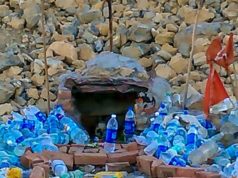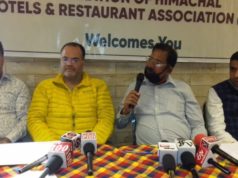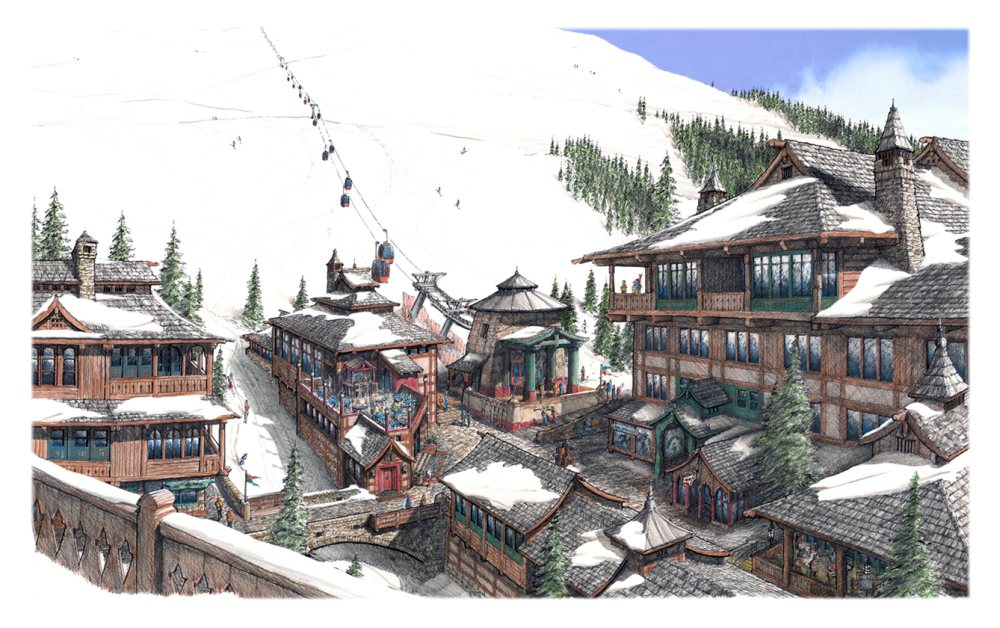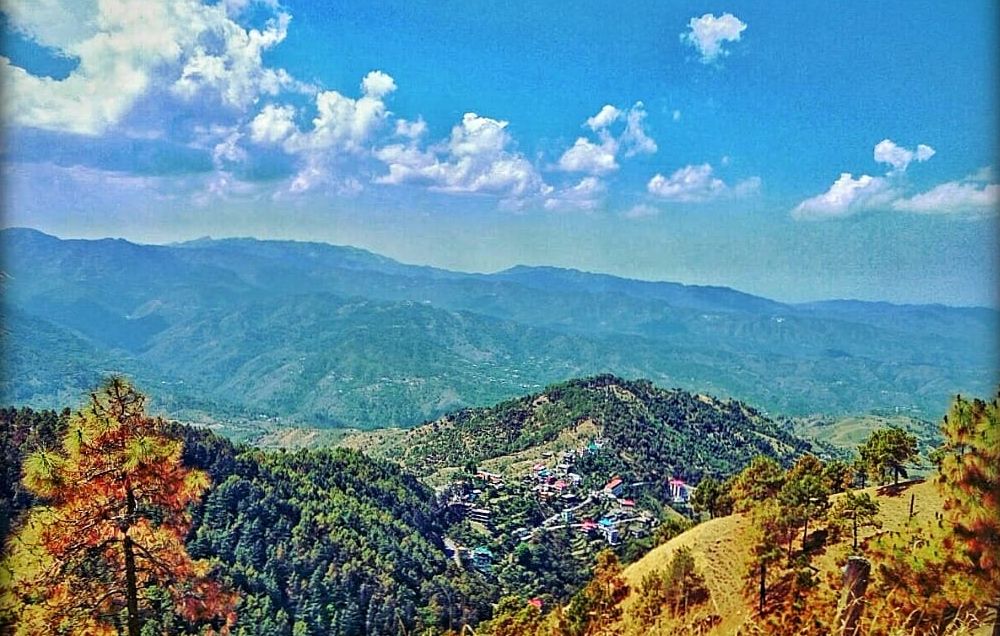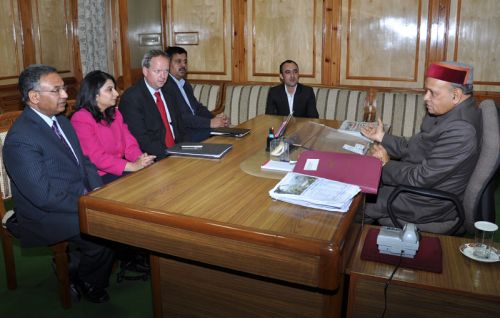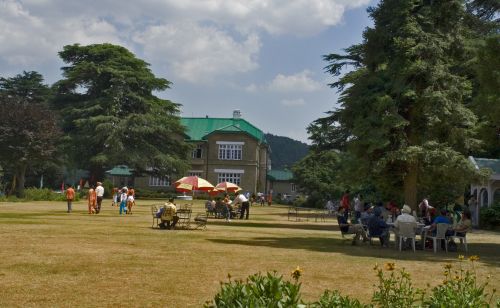(*Parikshit Sharma): Human is a social animal. Animal’s basic instinct is travelling in search of food. In the past, human travelled in search of food and shelter. This travelling made humans to acquire knowledge of different places, communities, cultures and business strategies, politics, etc. The travel industry came into existence with this desire to cater the needs of travellers. Travel became the basic necessity of man along with food, shelter and clothing. The prehistoric gypsies traversed the continents in search of food and shelter and it took a lot of time to cross the geographic boundaries. However, with the advancement in mode of transport, the travelling now is a fun, easier and affordable. Hotels, also started with the search for food and shelter and played a major role in the challenge for provision of safe and secure night stay in initial days through Inns, Hostelries, Taverns, providing accommodation to the rich and poor alike on the payment or barter basis.
The development of hotels witnessed a paradigm shift with the advancements in technology, the shrinking of the world travel time and the promotions through various media modems the world of Information Technology, the Virtual networks, the use of Artificial Intelligence and the self-operating kiosks all have brought the world of hospitality operations to a new rostrum.
The industry has emerged as the key player in ye growth of service sector in India. The period of January-April 2018 Foreign Exchange Earnings FEE’s increased 17.4% to USD 10.62 billion, native tourists visit in the Indian Territory grew by 15.5% with a contribution of 84.2% by the top 10 Tourism states. India also saw a 10.8% increase in Foreign Tourist Arrivals and the industry emerged as a major employer with 8% of the total employment opportunities generated in the country, projecting to provide 52.3 million jobs in a Ten-year period by 2028.
However, with all these developments in the operations part, the academics has seen a left-out scenario. The education has almost remained in a phase of antiquity. There are over 500 institutions in India including Universities, Industry-driven and standalone Institutions offering different courses in hospitality, ranging from short-term to three or four year Undergraduate and postgraduate degree courses. However, there has been a gap in the requirements of the industry and the education provided by the institutes. The reasons may cover up financial inadequacy, technological weakness, shortage of competent industry-ready academicians, lack of regular faculty recharge and training programs, listless curriculum and academic monologue and above all the meager pay package for beginners who are serving the guest with smile though being emotionally and physically drained due to the long and tiresome shift hours.
What are the Industry’s expectations?
The industry expects pleasing, uniformed, courteous, helpful and loyal employees who not only serves the guests with the pleasing smile but also has tactfulness, diplomacy and decisive salesmanship in order to deal with varied guest expectations and be able to cater for guests requirements round-the-clock.
The solution to the dynamic hospitality environment may be the provision of facilities of more partnership from the industry. Steps may be taken to provide an interface of industry at least once in the freshman year of academics to provide a gist of the industry’s operation to the rookie. There may be several other measures to fill the gap of Industry’s requirements with that of Institute’s stock. Some measures can be:
Student Specific
1. Industry-Institute interface – a measure to provide a visit to the industry once in first year of academics to best hotels in the vicinity and providing an opportunity of tete-a-tete.
2. Adoption of meritorious students by hotels after their completion of 1st year for academic and industrial training and development, focusing on future employment opportunities.
3. Entering of Memorandum of Understanding between Hotels and Institutes for provision of uninterrupted Manpower supply during Summer or Winter Internships and On the Job Trainings.
4. Development of industry-specific course curriculum incorporating the latest trends in the industry.
5. Regular dialogue on Internship progress by the trainee between Training and HR Managers and the Training and Placement Officer of the Institute.
6. Interaction of the Industry professional, students and faculty members through External Practical Examiner System to assess the progress of the students on terms with the industry requirements.
7. Establishing Centres of Excellence and Innovation as partners for future development, training and industry specific research project.
8. Development of Institutional Laboratories during refurbishments/ renovation regime of industry thereby assisting in the provision of latest technologies and equipments for the Institute.
9. Expert lecture or talks through industry experts for the propagation of academic inputs and industrial development.
Teacher Specific
1. Manager- Faculty interaction to deliberate on the Industry advancements in real time and provision of situation specific solutions for academic enrichment of Faculty members.
2. Organising regular training/ workshops/ interactions for the academicians to have a dialogue on the developments and assistance in teaching at academic campus or hotel campus.
3. Development of training modules through regular empathetic interaction of academicians and industrial experts.
4. Consultancy on various segments through research and development on customer handling, innovative techniques and guest satisfaction for better brand building.
5. Extension and sanctioning of industry based research projects for the development of teacher-student industry relationships.
There are many institutes spread all across the country providing the hospitality education to its prospective Hotel years. Likewise there are many International, state-run and independent hotels operating with an aim to provide the best Hospitality Services through exotic foods and beverages and safe and secure guest rooms’ health and other related services to its patrons.
However the gap still remains. This gap may only be bridged with regular Hotel and Institute interaction. The interaction may be through various above-mentioned measures which may be modified suiting the real time requirements of the industry and the government.
The industry will only for prosper when it will be served with the skilled manpower suiting’s its requirements. The regular provision of skilled manpower the requirements of the industry is a right full duty of the hospitality institutes.
*Article is written by Parikshit Sharma – resident of Indore city of Madhya Pradesh. Writer is academician, traveler and avid photographer.



